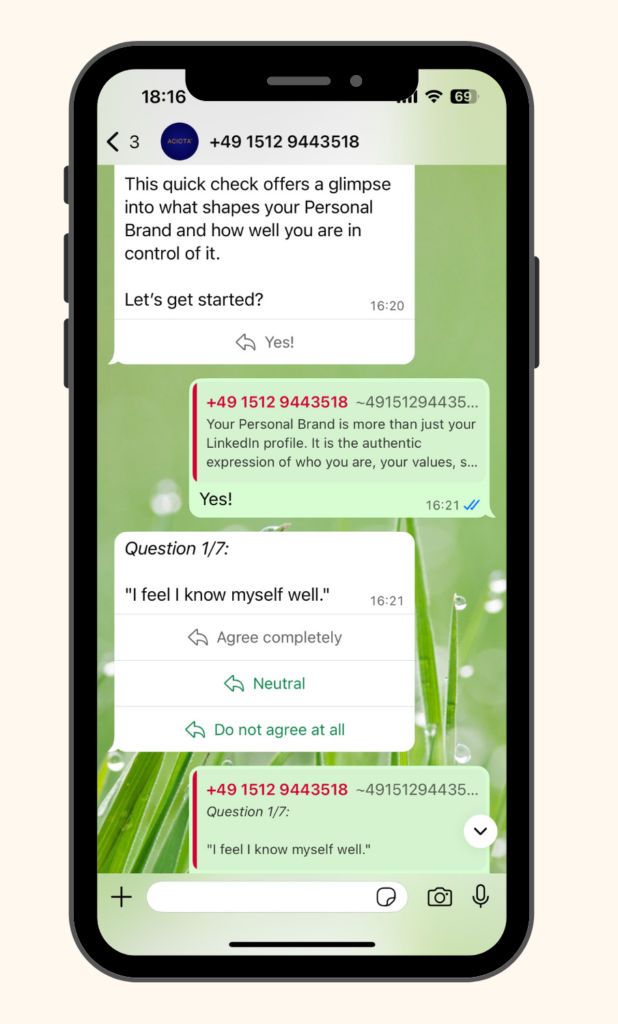Introverts and extroverts are different in many ways, but their need for social interaction is the most significant difference. According to Susan Cain, author of Quiet, introverts can often feel like they have to be more extroverted and louder than they are to succeed in a world that prizes extroversion. If you’re an introvert, knowing that your personality type affects many areas of your life is important. It affects how you communicate with people, how you handle stress, and even how you relax. Introverts have unique strengths that can be used to build strong personal brands when they learn how to work within their natural strengths.
Introverts and extroverts are different in many ways, but their need for social interaction is the most significant difference
Introverts are more sensitive to stimulation from other people, so they require more time alone than extroverts. Introverts prefer quiet environments, while extroverts thrive on being around other people. This is why an introvert can feel exhausted after spending a day at work or school, while an extrovert may feel energized by all the socializing they did during that period.
Extroverted people get energy from talking and interacting with others; therefore, they need these interactions to feel alive and happy. In contrast, introverts tend toward low-key personalities (they’re reflective), which means they often prefer quiet environments where they can think deeply without being distracted by external stimuli like noise or bright lights (though some might argue this isn’t always true).
According to Susan Cain, author of Quiet, introverts often feel like they have to be more extroverted and louder than they are to succeed in a world that prizes extroversion
In a world that prizes extroversion, introverts often feel like they have to be more extroverted and louder than they are to succeed. In her book “Quiet: The Power of Introverts in a World That Can’t Stop Talking,” Susan Cain explains that “introversion is not something we should be ashamed of; it’s just another temperament.” However, introverts can sometimes struggle with being assertive and confident when needed, especially regarding personal branding.
If you’re an introvert, knowing that your personality type affects many areas of your life is important. It affects how you communicate with people, how you handle stress, and even how you relax
Introverts are not anti-social; in fact, they can be great communicators who enjoy connecting with others when there’s a reason for it (like at work). They’re just more selective about with whom they spend time and energy–and this means that if a person doesn’t have something exciting or meaningful to say or offer in some way, then there’s no reason for them to continue the conversation.
Introverts tend to be good listeners because they’re more comfortable listening than speaking out loud in front of large groups or even in one-on-one conversations where their words might not necessarily be heard clearly by others due to their quiet nature. Introverts often process information internally before responding verbally, so they may appear aloof while being very thoughtful about what they want/need out of any situation or relationship.
Introverts have unique strengths that can be used to build strong personal brands when they learn how to work within their natural strengths
Introverts have unique strengths that can be used to build strong personal brands when they learn how to work within their natural strengths. Introverts are good at communicating in writing, researching and gathering information, listening to people, networking, and writing.
When you think about it this way, it’s clear why personal branding is essential to your career development as an introvert: if you want your brand to be successful, it needs to reflect who you are–and we all know how important authenticity is!
You don’t have to be loud or fake to build an effective personal branding strategy
You might be an introvert, but that doesn’t mean you must always be quiet and shy. You can build a personal brand authentic to you, whether you are an introvert or an extrovert.
The key is knowing how each personality type communicates best, then using those methods for building your brand.
Ultimately, it’s important to remember that introverts and extroverts are both valuable in their way. The world needs both types of people because they bring different strengths. If you’re an introvert, you can use your natural strengths to build a personal brand that reflects your true self and works for who you are.







